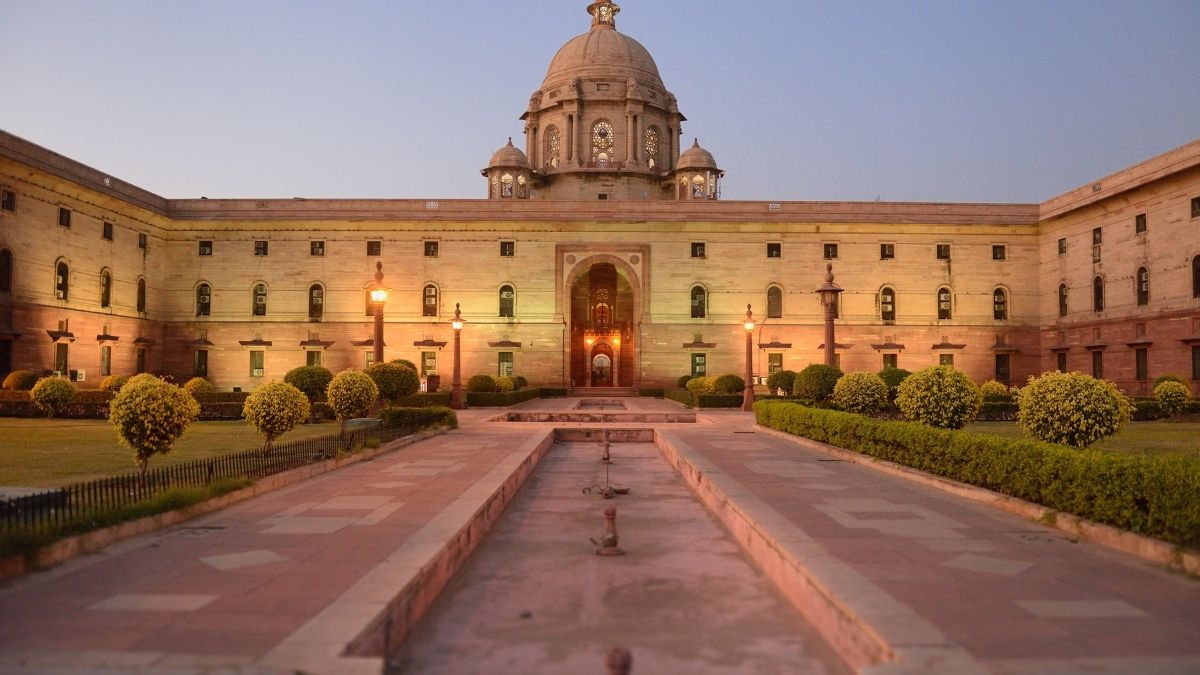The Department of Consumer Affairs, Government of India, has announced the Draft Legal Metrology (Indian Standard Time) Rules, 2025, to ensure precise and uniform timekeeping across the country. Published for public consultation on January 15, 2025, the draft rules are open for feedback until February 14, 2025. This initiative aims to standardize Indian Standard Time (IST) as the mandatory time reference for all sectors, aligning with the vision of ‘One Nation, One Time.’
Synchronizing IST Nationwide
In collaboration with the National Physical Laboratory (NPL) and the Indian Space Research Organisation (ISRO), the government is undertaking a project to disseminate IST with millisecond to microsecond accuracy. IST, based on UTC with a +5:30-hour offset, is critical for sectors such as telecommunications, navigation, power grid synchronization, banking, and digital governance.
Despite its significance, IST adoption is not universal. Many telecom and internet service providers rely on foreign time sources like GPS. The proposed rules mandate the synchronization of networks and systems to IST, enhancing national security and operational efficiency.
Framework for Uniform Timekeeping
A high-power inter-ministerial committee chaired by the Secretary (Consumer Affairs) developed the policy framework for IST adoption. The committee includes representatives from NPL, ISRO, IIT Kanpur, SEBI, and various government departments. The draft rules detail synchronization protocols, cybersecurity measures, and implementation standards. They also mandate the adoption of Network Time Protocol (NTP) and Precision Time Protocol (PTP) for government and public institutions.
Strategic Benefits
The rules aim to streamline financial transactions, public transportation scheduling, and emergency response coordination. They also ensure legal compliance and efficient industrial operations by standardizing time references. The rules grant exceptions for scientific, astronomical, and navigational purposes with prior government approval. Compliance will be monitored through audits, and penalties will be imposed for violations.
Impact on Consumers and Industries
Consumers will benefit from synchronized public services, digital devices, and navigation systems, while industries gain operational efficiency and global competitiveness. The rules also bolster cybersecurity by prescribing alternative reference mechanisms during cyber-attacks or disruptions.
Public Consultation and Next Steps
The draft rules are available for review on the Department of Consumer Affairs’ website. Public comments will be considered before finalizing the rules. By implementing this framework, the government aims to enhance precision across critical sectors, promote economic efficiency, and ensure strategic security.
This decisive step aligns India with global standards in timekeeping, fostering technological advancement and administrative effectiveness.


